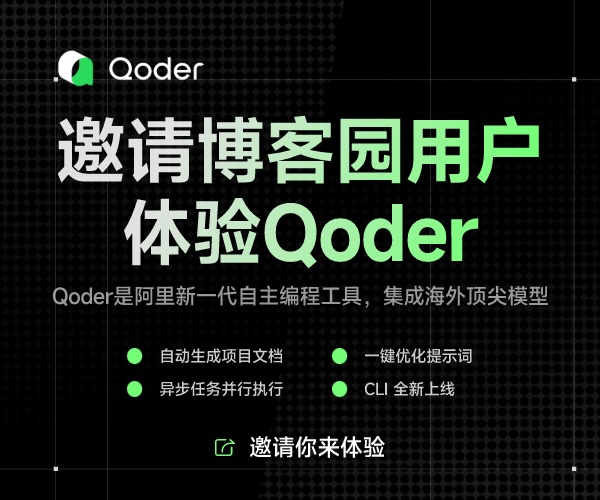1. printf 只能提供ANSI/MB 的輸出,不支持輸出unicode stream.
例如:
wchar_t?test[]
=
L
"
測試1234
"
;
printf( " %s " ,test);
是不會正確輸出的printf( " %s " ,test);
2.wprintf 同樣不會提供unicode output,
?? 但是他會把wchar_t的string轉為locale的SB/MB字符編碼,然后輸出
例如:
wchar_t?test[]?
=
?L
"
測試Test
"
;
wprintf(L " %s " ,test);
會輸出??1234之類的字符串,或者不輸出任何結果wprintf(L " %s " ,test);
因為wprintf沒有辦法把L"測試Test"轉為默認的ANSI,需要設置locale
setlocale(LC_ALL,
"
chs
"
);
wchar_t?test[]? = ?L " 測試Test " ;
wprintf(L " %s " ,test);
會有正確的輸出wchar_t?test[]? = ?L " 測試Test " ;
wprintf(L " %s " ,test);
綜上:? CRT I/O functions do not provide Unicode output.
3. Window console自從NT4就是一個真正的unicode console
不過輸出unicode string,只有使用Windows API, WriteConsoleW
例如:
wchar_t?test[]?
=
?L
"
測試1234
"
;
DWORD?ws;
WriteConsoleW(GetStdHandle(STD_OUTPUT_HANDLE),test,wcslen(test), & ws,NULL);
可以正確的輸出而不需要設置locale,因為是真正的unicode的輸出,跟codepage無關DWORD?ws;
WriteConsoleW(GetStdHandle(STD_OUTPUT_HANDLE),test,wcslen(test), & ws,NULL);
4. 如何實現跨平臺的console output
??? 不要使用wchar_t和wprintf,因為這些都依賴于編譯器.
???? ICU是IBM的一個成熟的跨平臺支持unicode的libary,推薦使用
以下是ICU的uprintf實現
void
?uprintf(
const
?UnicodeString?
&
str)?{
???? char ? * buf? = ? 0 ;
????int32_t?len? = ?str.length();
????int32_t?bufLen? = ?len? + ? 16 ;
????int32_t?actualLen;
????buf? = ? new ? char [bufLen? + ? 1 ];
????actualLen? = ?str.extract( 0 ,?len,?buf /* ,?bufLen */ );? // ?Default?codepage?conversion
????buf[actualLen]? = ? 0 ;
????printf( " %s " ,?buf);
????delete?buf;
}
它也是先把Unicode string轉化為本地的codepage,然后printf,雖然也不是unicode output,但是跨平臺,大多數情況會工作得很好。
???? char ? * buf? = ? 0 ;
????int32_t?len? = ?str.length();
????int32_t?bufLen? = ?len? + ? 16 ;
????int32_t?actualLen;
????buf? = ? new ? char [bufLen? + ? 1 ];
????actualLen? = ?str.extract( 0 ,?len,?buf /* ,?bufLen */ );? // ?Default?codepage?conversion
????buf[actualLen]? = ? 0 ;
????printf( " %s " ,?buf);
????delete?buf;
}


